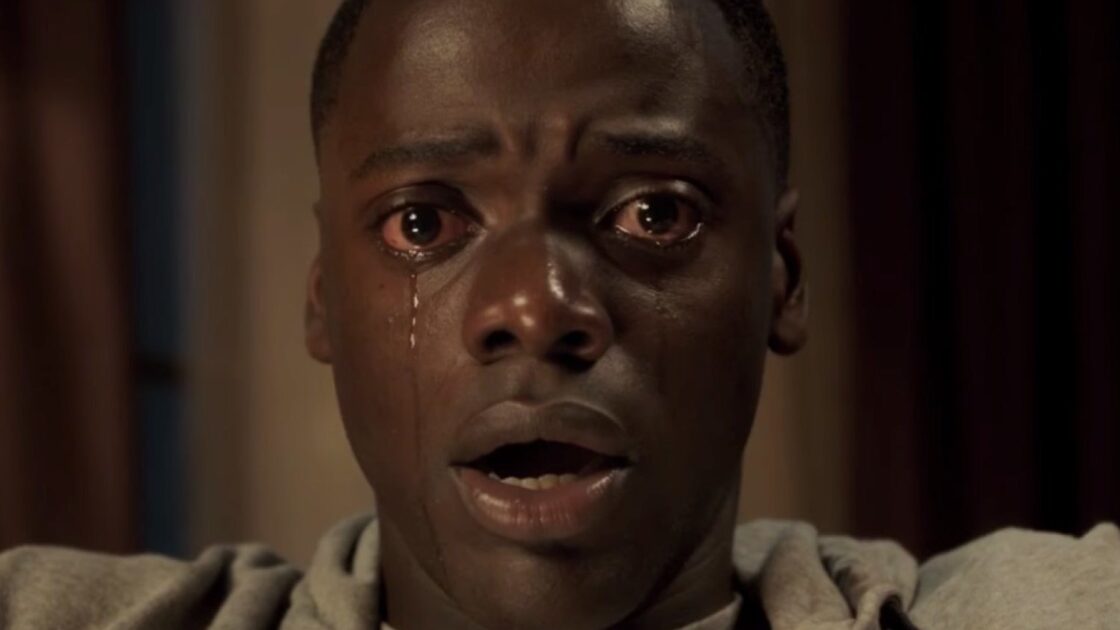
A director’s first film often carries immense weight, setting the stage for their entire career and introducing their unique vision to the world. The pressure is high, with the need to captivate audiences, impress critics, and leave a lasting impact on the cinematic landscape. For some filmmakers, their debut is not just a promising start but a groundbreaking work that becomes an iconic piece of film history. These directors defied the odds, creating unforgettable movies that have left a lasting mark on audiences and forever altered the course of cinema. Here, we celebrate 13 of the most remarkable directorial debuts, where these visionaries proved they were destined for greatness from the very beginning.
1. “Citizen Kane” (1941)

“Citizen Kane”, the directorial debut of Orson Welles, is often hailed as one of the greatest films of all time. Released in 1941, Welles’ groundbreaking use of deep focus, innovative narrative structure, and bold visual techniques revolutionized filmmaking. At just 25 years old, Welles not only directed but also co-wrote and starred in the film, showcasing his multifaceted talent. The film’s exploration of power, corruption, and the American Dream, coupled with its technical achievements, left an indelible mark on cinema, influencing generations of filmmakers and forever altering the art of storytelling on screen.
2. “Diner” (1982)

“Diner” was the directorial debut of Barry Levinson, released in 1982. The film, a semi-autobiographical coming-of-age story set in 1959 Baltimore, showcased Levinson’s sharp dialogue and his knack for capturing the nuances of male friendship. Diner received critical acclaim for its authentic characters and witty, naturalistic dialogue, earning Levinson an Academy Award nomination for Best Original Screenplay. The film launched Levinson’s successful career as a filmmaker and has been credited with influencing a new wave of character-driven, dialogue-centric films, establishing him as a talented storyteller in Hollywood.
3. “Tears of Endearment” (1983)
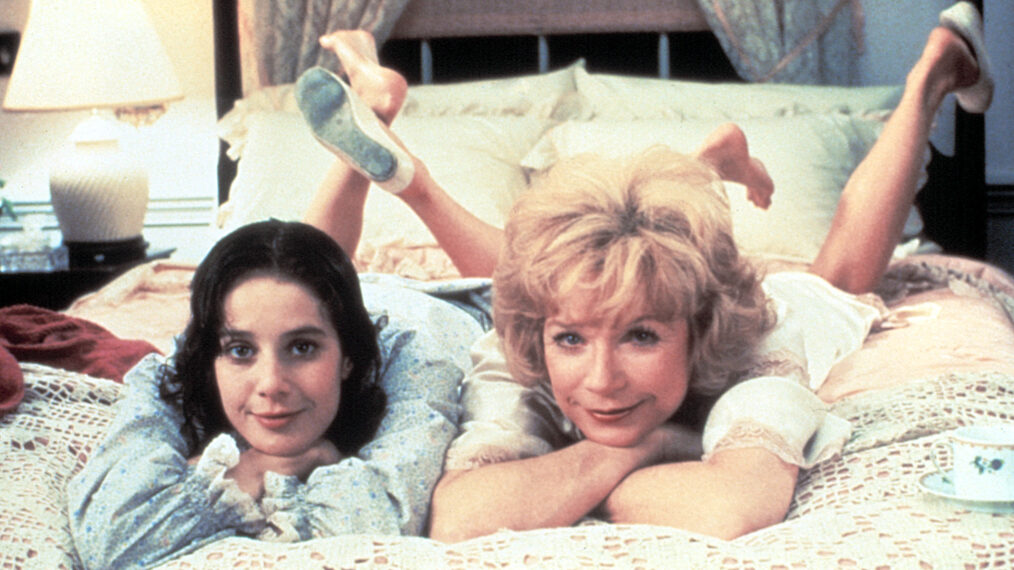
“Terms of Endearment” marked the directorial debut of James L. Brooks in 1983. Known primarily for his work in television, Brooks transitioned to film with this deeply emotional and comedic drama that explores the complexities of family relationships. His direction garnered widespread acclaim for its ability to blend humor and heartache seamlessly, creating a relatable and powerful narrative. The film became a critical and commercial success, winning five Academy Awards, including Best Picture and Best Director, solidifying Brooks’ place in Hollywood and influencing the genre of family dramas for years to come.
4. “Blood Simple” (1984)
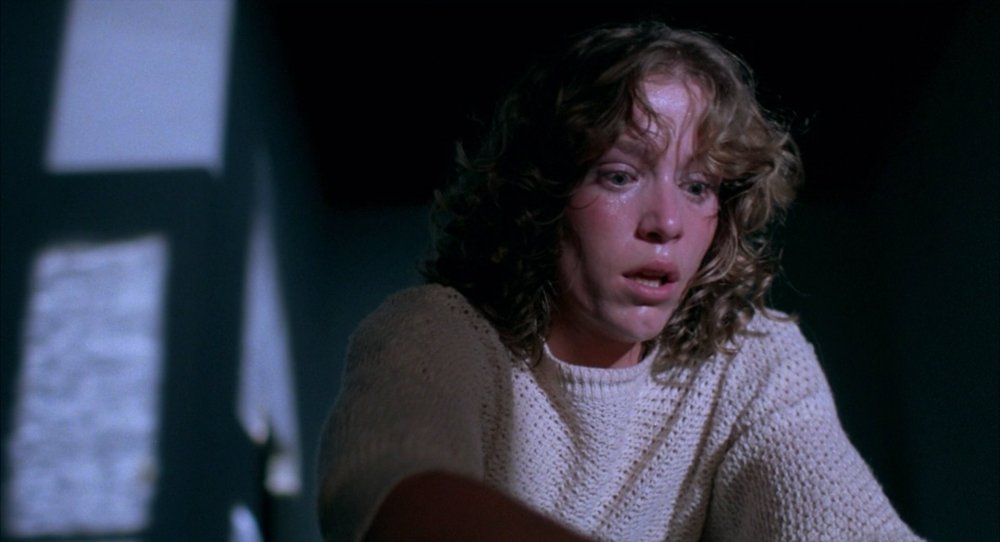
“Blood Simple” was the directorial debut of Joel and Ethan Coen, released in 1984. This neo-noir thriller, with its intricate plot and darkly comedic tone, introduced audiences to the Coen brothers’ distinctive style, marked by clever dialogue, sharp wit, and visual flair. The film was praised for its innovative storytelling and tight direction, earning critical acclaim for its atmospheric tension and clever twists. Blood Simple not only put the Coen brothers on the map as filmmakers to watch but also laid the groundwork for their unique brand of cinema, influencing the genre of independent film and establishing them as major talents in the industry.
5. “Say Anything…” (1989)
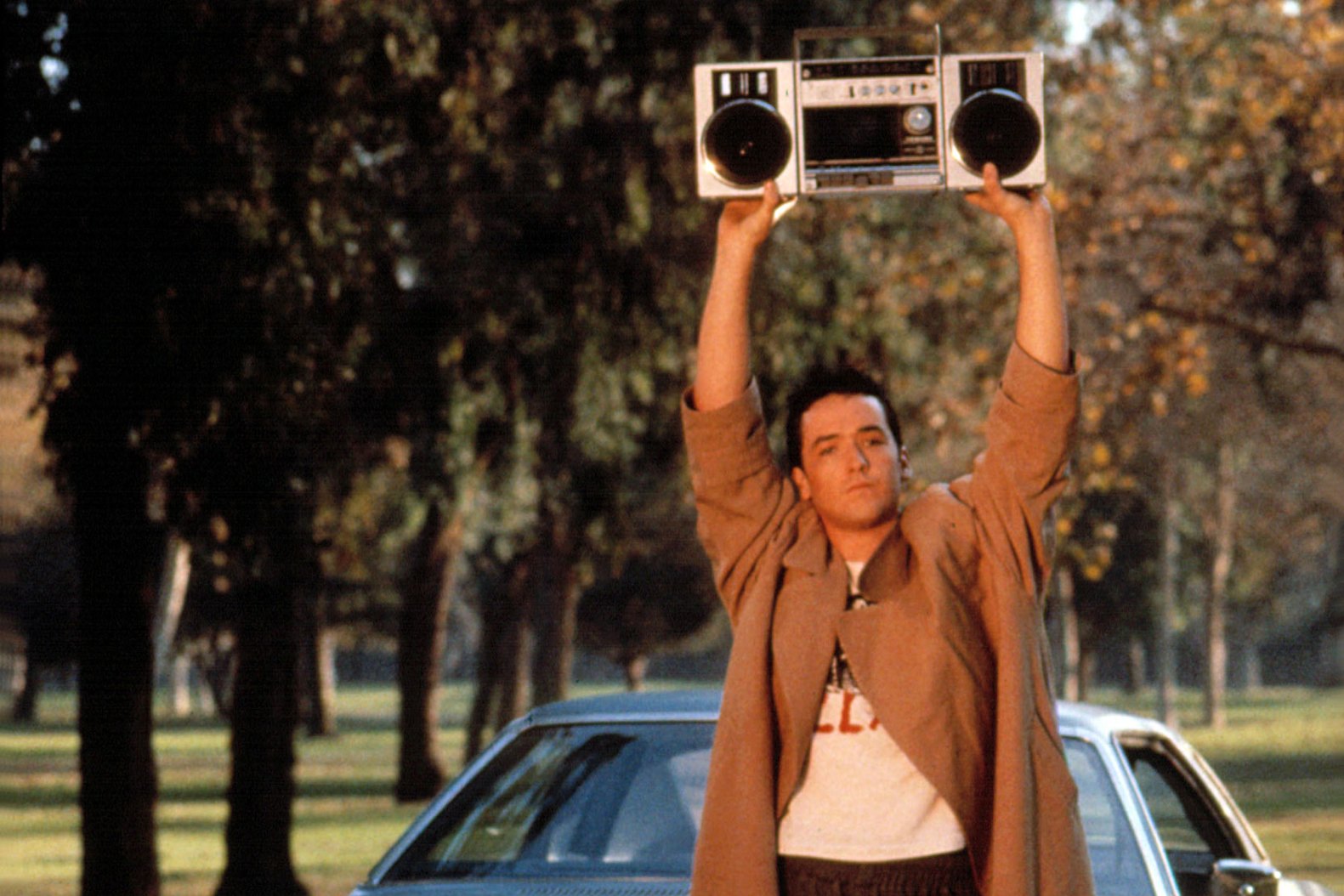
“Say Anything…” was the directorial debut of Cameron Crowe, released in 1989. This romantic comedy-drama, which tells the story of a high school graduate pursuing a relationship with the class valedictorian, became iconic for its heartfelt storytelling and memorable scenes, such as the famous boombox moment. Crowe’s ability to blend humor, romance, and genuine emotion received widespread acclaim, with critics praising his sensitive direction and the film’s authentic portrayal of teenage love and angst. “Say Anything…” was a critical and commercial success, launching Crowe’s career as a filmmaker known for his keen understanding of character and dialogue.
6. “Boyz n The Hood” (1991)

“Boyz n the Hood” marked the directorial debut of John Singleton in 1991, making him the youngest and first African American to be nominated for the Academy Award for Best Director. The film, a powerful exploration of life in South Central Los Angeles, highlighted issues of race, violence, and poverty with a raw and authentic perspective. Singleton’s impactful storytelling and fresh voice resonated with audiences and critics alike, earning widespread acclaim for its social relevance and emotional depth. The film’s success launched Singleton’s career and cemented “Boyz n the Hood” as a landmark in American cinema for its honest portrayal of urban life and its influence on subsequent films addressing similar themes.
7. “Reservoir Dogs” (1992)

“Reservoir Dogs” was the directorial debut of Quentin Tarantino, released in 1992. Known for its sharp dialogue, non-linear narrative, and graphic violence, the film quickly became a cult classic, showcasing Tarantino’s unique style and storytelling prowess. “Reservoir Dogs” received widespread acclaim for its originality and boldness, earning praise from critics and audiences alike for its fresh approach to the crime genre. The film’s success catapulted Tarantino to fame, establishing him as a groundbreaking filmmaker and setting the stage for a prolific career filled with influential and genre-defining movies.
8. “Being John Malkovich” (1999)
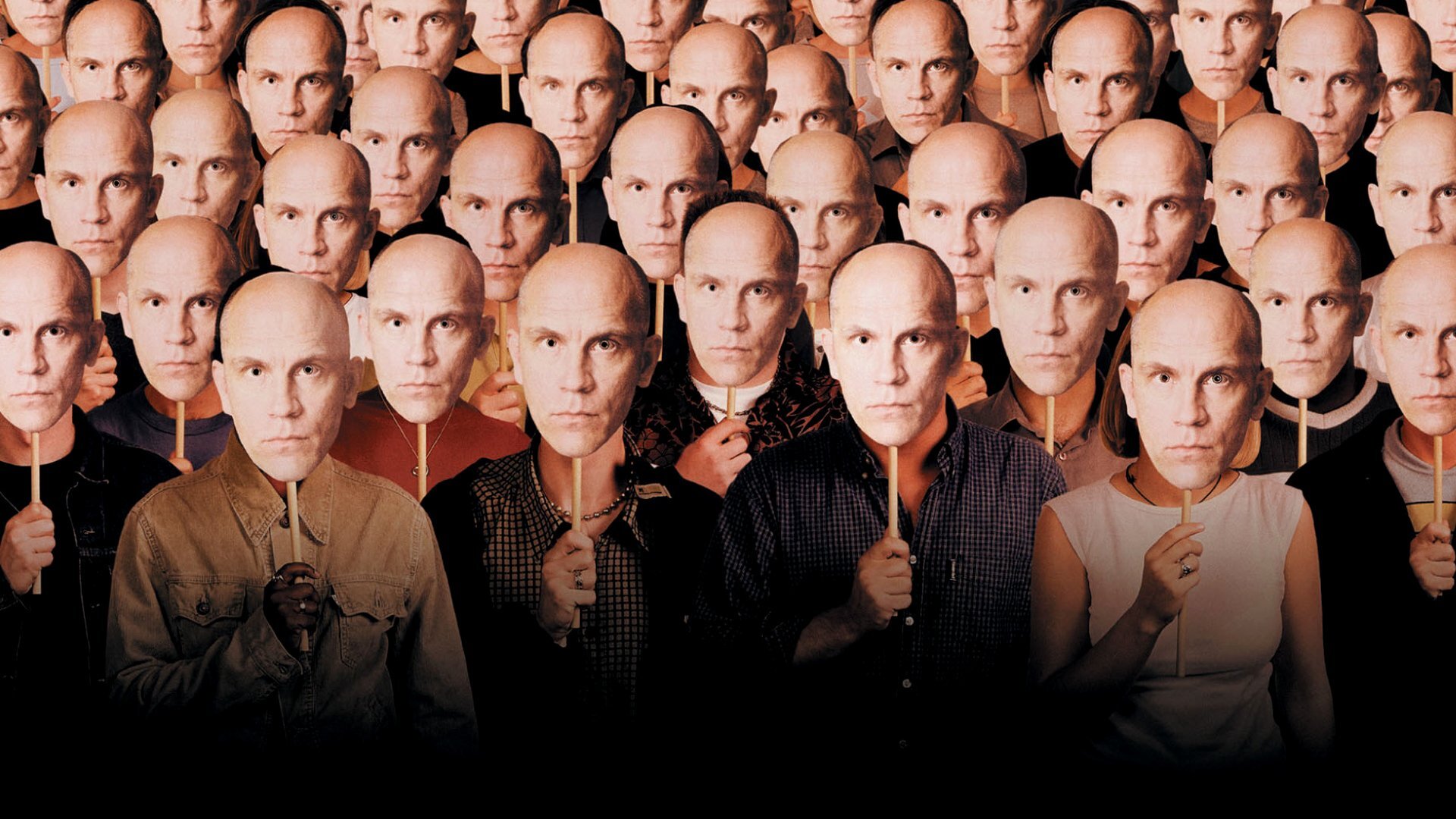
“Being John Malkovich” was the directorial debut of Spike Jonze, released in 1999. The film, known for its surreal and imaginative premise involving a portal into actor John Malkovich’s mind, immediately stood out for its originality and quirky narrative. Jonze’s inventive direction, combined with Charlie Kaufman’s unique screenplay, earned the film critical acclaim for its creativity, humor, and daring exploration of identity and consciousness. “Being John Malkovich” received multiple award nominations and established Jonze as a visionary filmmaker, paving the way for his future success in both film and music video directing.
9. “Chicago” (2002)
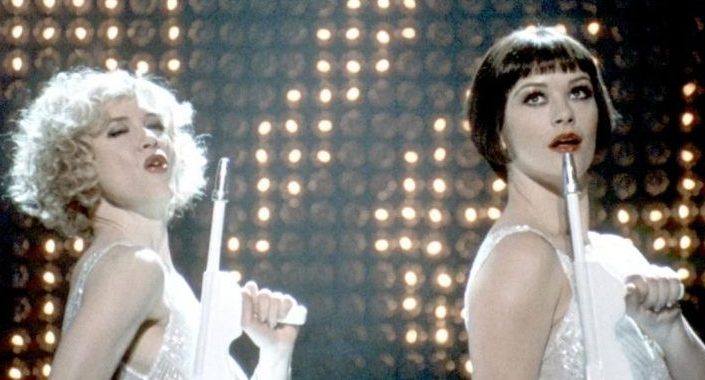
“Chicago” marked the directorial debut of Rob Marshall in 2002. This vibrant musical, set in the jazz age, dazzled audiences with its energetic choreography, bold direction, and dynamic performances. Marshall’s innovative approach to blending cinematic techniques with Broadway flair revitalized the movie musical genre. The film was a major critical and commercial success, winning six Academy Awards, including Best Picture, and earning Marshall a nomination for Best Director. “Chicago’s” acclaim helped reignite interest in musicals in Hollywood, establishing Marshall as a leading director in the genre and influencing the production of future film musicals.
10. “District 9” (2009)

“District 9” was the directorial debut of Neill Blomkamp, released in 2009. The film, a science fiction allegory set in a dystopian future where extraterrestrials are segregated in a slum-like district, was praised for its innovative approach and social commentary. Blomkamp’s unique blend of documentary-style realism and speculative fiction received critical acclaim for its originality and thought-provoking narrative. The film was a commercial success and earned several Academy Award nominations, including Best Picture and Best Adapted Screenplay, establishing Blomkamp as a significant new voice in science fiction cinema.
11. “Get Out” (2017)
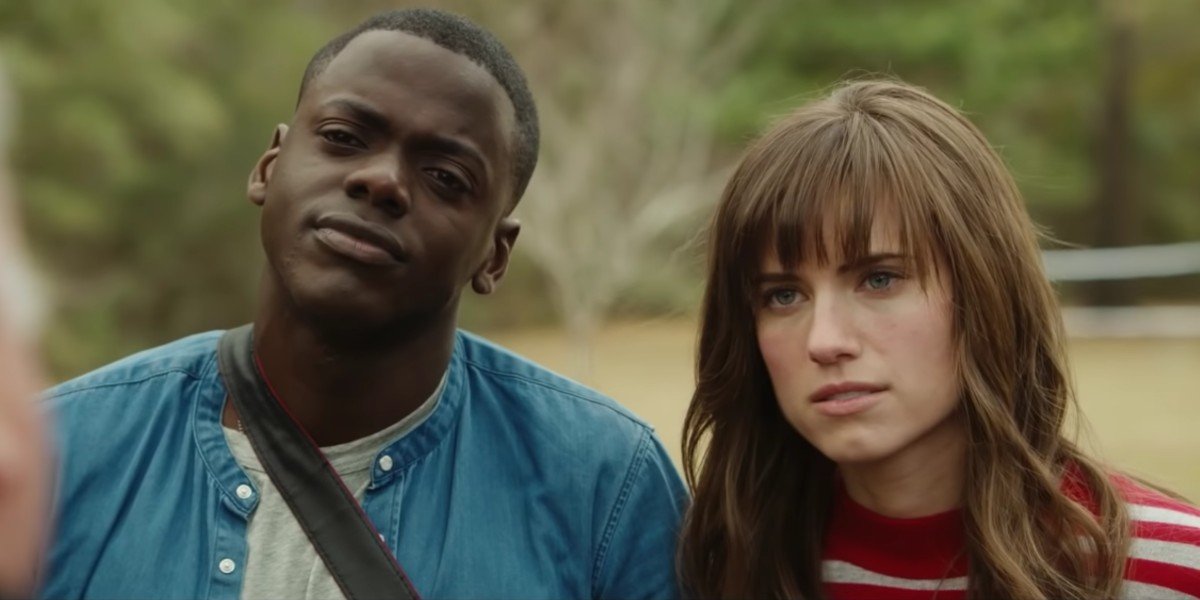
“Get Out” was the directorial debut of Jordan Peele, released in 2017. The film, a sharp and unsettling social thriller exploring race relations through a horror lens, was widely acclaimed for its originality, clever social commentary, and suspenseful storytelling. Peele received widespread praise for his innovative direction, earning the Academy Award for Best Original Screenplay. The success of “Get Out” established Peele as a groundbreaking director, and he has since garnered significant acclaim for his work on subsequent projects like “Us” and “Nope”, continuing to be celebrated for his unique contributions to the horror genre and his insightful exploration of social issues.
12. “Lady Bird” (2017)
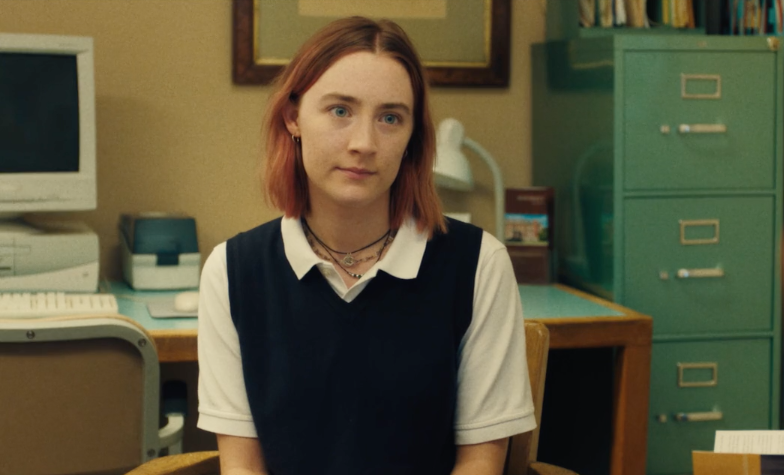
“Lady Bird” was the directorial debut of Greta Gerwig, released in 2017. The film, a coming-of-age drama set in Sacramento, was praised for its heartfelt and authentic portrayal of adolescence, and Gerwig’s nuanced direction earned widespread acclaim. “Lady Bird” received several Academy Award nominations, including Best Picture and Best Director, with Gerwig becoming only the fifth woman nominated for Best Director. The film’s success highlighted Gerwig’s talent and has had a significant impact on the film industry, inspiring and paving the way for more female directors by demonstrating the potential for success in telling deeply personal and relatable stories.
13. “Promising Young Woman” (2020)

“Promising Young Woman” was the directorial debut of Emerald Fennell, released in 2020. The film, a darkly satirical thriller exploring themes of revenge and trauma, was acclaimed for its bold storytelling, sharp script, and provocative social commentary. Fennell’s direction was praised for its originality and impact, leading to multiple award nominations. The film received widespread acclaim, including an Academy Award for Best Original Screenplay for Fennell, establishing her as a significant new voice in cinema and highlighting her ability to tackle complex, relevant issues with creativity and sensitivity.
And there you have it—proof that first impressions in film can be nothing short of legendary! From Orson Welles shaking up the industry with Citizen Kane to Jordan Peele flipping the script with Get Out, these debut directors didn’t just make movies; they made history. Whether it’s through mind-bending narratives, unforgettable visuals, or daring new voices, filmmakers like Spike Jonze, Greta Gerwig, and Emerald Fennell remind us that the future of cinema is as bright as the newcomers who dare to dream big.
So next time you’re watching one of these iconic films, remember: you’re witnessing the beginning of something extraordinary—a fresh take, a bold move, and a moment that will inspire countless others to pick up a camera and tell their own stories. The magic of a directorial debut is that it’s just the start, and who knows what cinematic treasures lie ahead?
